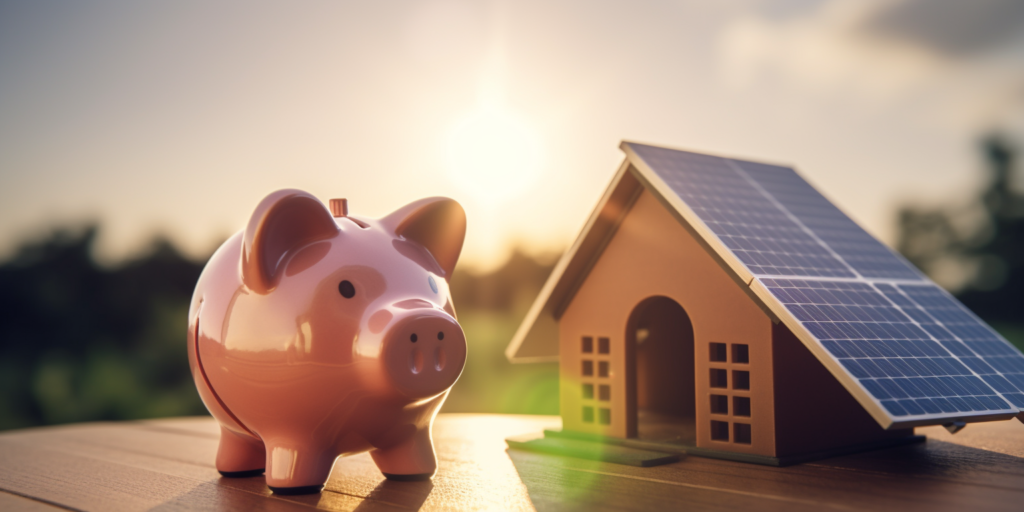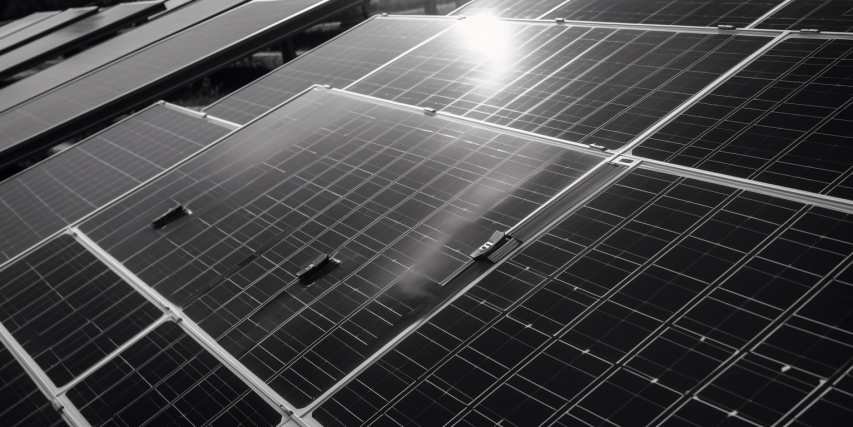
NOLA Solar Power
Schedule YourFree Consultation
Home Energy Audits
Did you know that the average American household spends over $2,000 on energy bills each year? A significant portion of that could be wasted due to inefficient appliances, poor insulation, and other energy-draining culprits. That’s where a home energy audit comes in. This article will guide you through the importance of assessing your home’s energy use, the process of conducting an efficiency examination, and how to uncover areas of energy waste. You’ll also learn how to implement efficiency improvements and understand the financial benefits of such an assessment. Let’s dive in to save you some money and make your home a greener, more efficient place.
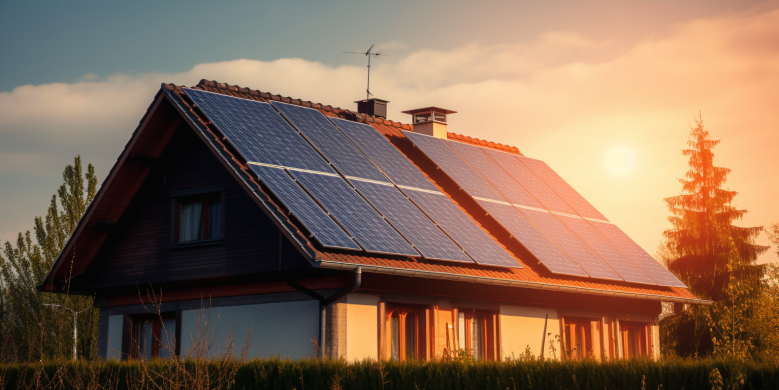
Key Takeaways
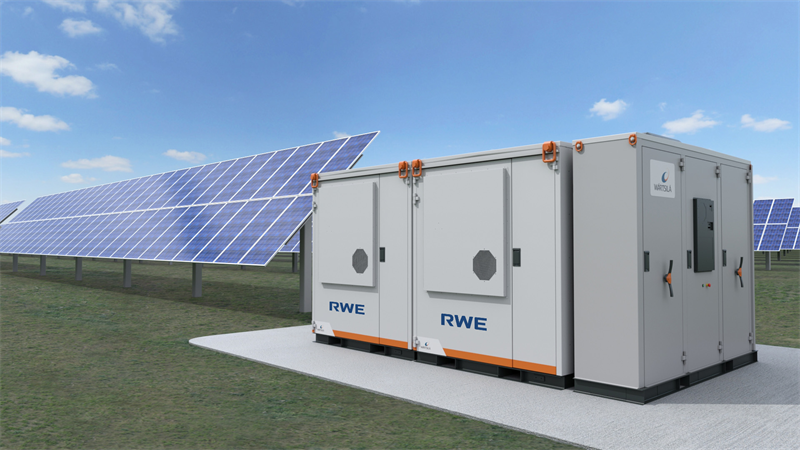
- Home energy audits are important for identifying areas of energy waste and promoting sustainable household practices.
- Efficiency examinations can save nearly 30% of the power consumed and involve reviewing energy bills, identifying existing issues, and using tools like blower door tests and infrared cameras.
- Areas of energy waste include insulation, windows & doors, heating & cooling, lighting, and appliances, and can be addressed through upgrades and maintenance.
- Implementing efficiency improvements, such as investing in energy-saving appliances and adopting green technologies, can lead to significant financial savings and contribute towards a greener lifestyle.
The Importance of Assessing Energy Use
Assessing your home’s energy use is crucial, not just for reducing bills but also for contributing towards a sustainable future for our planet. By becoming more conscious of your energy use through an audit, you’re taking the first step towards Energy Conservation Awareness. These audits can identify areas where energy is being wasted and provide solutions to rectify these issues. Implementing these changes doesn’t just benefit you; it promotes Sustainable Household Practices that can have a positive impact on the environment. Remember, every little step towards energy efficiency can make a significant difference. So, don’t underestimate the power of a home energy audit. It’s a crucial part of living more sustainably and saving money.
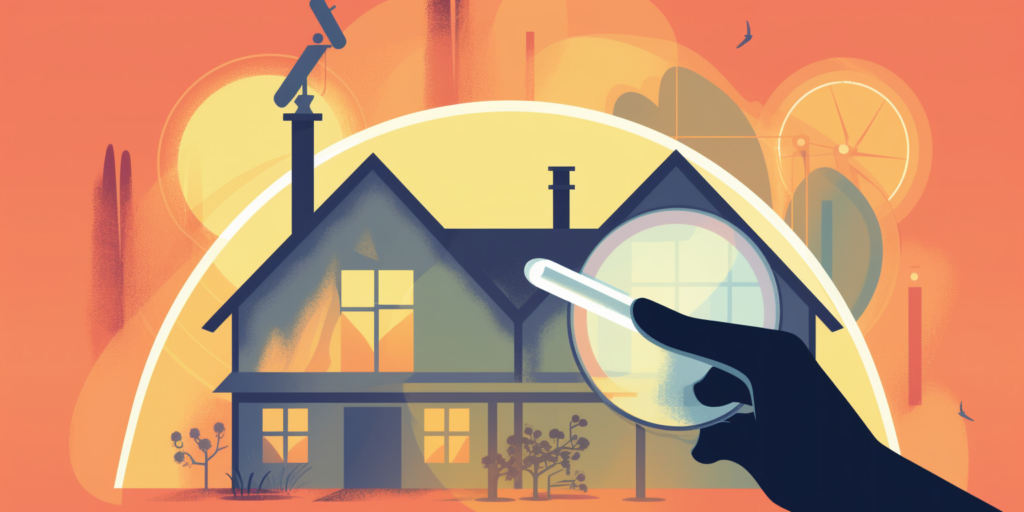
The Process of Conducting an Efficiency Examination
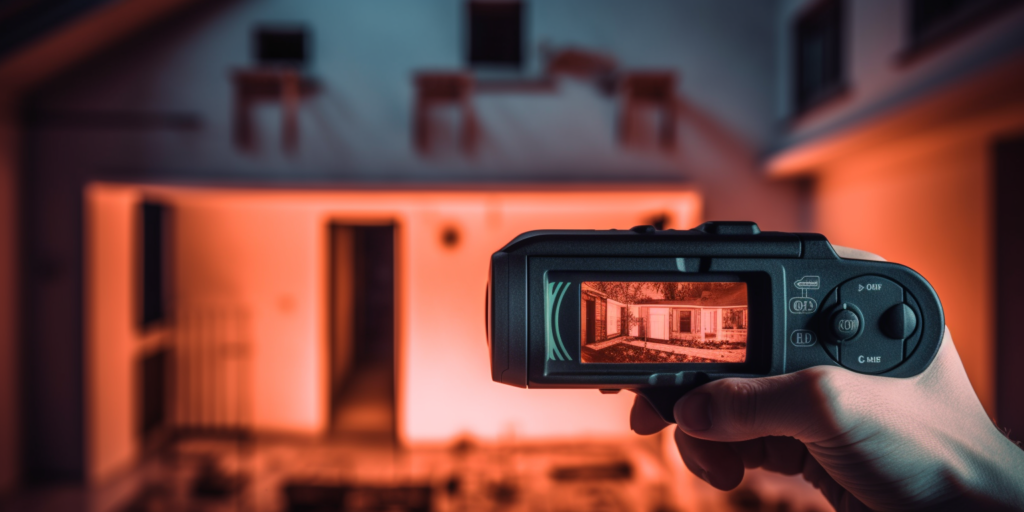
Performing a thorough efficiency examination is a proactive approach to managing your home’s energy use, and it can be both enlightening and financially rewarding. Surprisingly, nearly 30% of all power consumed in your dwelling can be saved through this process, which involves a detailed inspection of your entire living space. To prepare for the audit, you should:
- Gather your energy bills from the past year for review.
- Make a list of any existing issues, such as drafts or condensation.
- Plan to walk through your home with the auditor to point out areas of concern.
The auditor will use various examination tools, including a blower door test and infrared cameras, to identify areas of energy loss. This comprehensive process can help you significantly reduce your energy usage and monthly bills.
Uncovering Areas of Energy Waste
As you delve into the examination, you’ll uncover hidden culprits of power waste lurking in your living space. Waste identification becomes a key step in this process. You’ll find that even the smallest leak or outdated appliance can account for significant energy waste. To aid in your understanding, consider the table below:
By identifying these areas of waste and implementing energy conservation measures, you’ll not only reduce your energy bills but also make your home more environmentally friendly. The home energy audit is your first step towards a greener lifestyle.
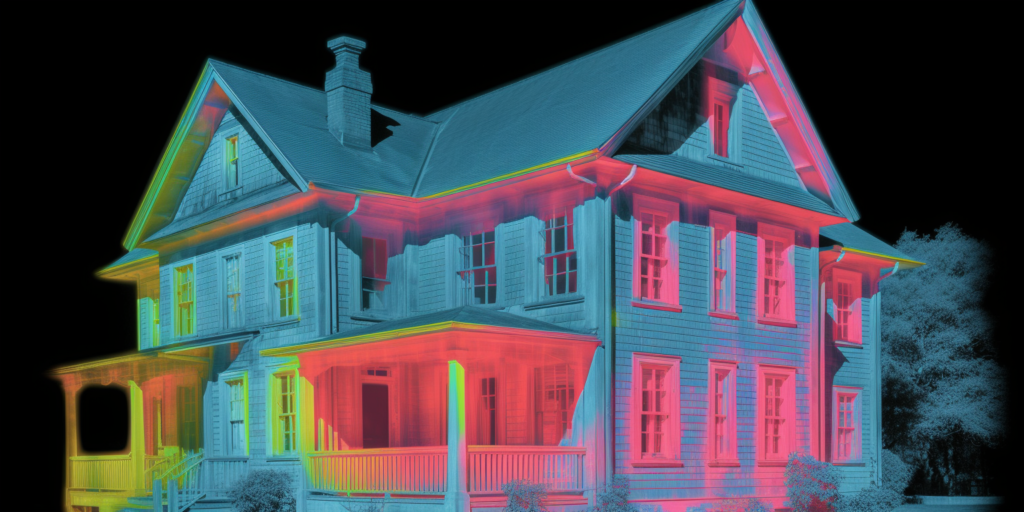
| Area of Concern | Energy Conservation Tips |
|---|---|
| Insulation | Upgrade to high-efficiency insulation |
| Windows & Doors | Install energy-efficient models |
| Heating & Cooling | Regular maintenance and use of programmable thermostats |
| Lighting | Switch to LED bulbs |
| Appliances | Use Energy Star-rated appliances |
Implementing Efficiency Improvements
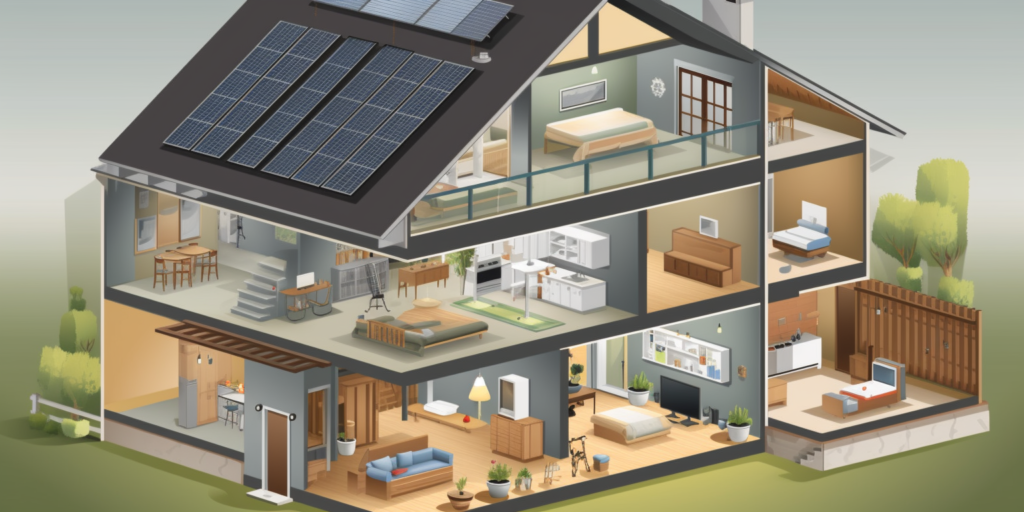
After pinpointing areas of waste, there’s no time like the present to start implementing efficiency improvements. You’ve done your homework; now let’s get your home up to speed with green technology adoption and sustainable living tips. To kickstart your efficiency journey, consider the following:
- Invest in energy-saving appliances: These can significantly reduce your energy consumption, making a tangible difference in your utility bills.
- Go for green: Consider adopting green technologies like solar panels or wind turbines. These require an upfront investment but pay off in the long run.
- Follow sustainable living tips: Simple habits like turning off lights when not in use or using energy-efficient bulbs can go a long way.
Remember, every step counts towards a more sustainable home and a healthier planet.
Financial Benefits of an Efficiency Assessment
Undeniably, conducting an efficiency assessment can be a financial game-changer, filling up your pockets as you cut down on wastage and unnecessary costs. This process not only identifies areas where your home is hemorrhaging energy, but it also leads to significant savings in the long run. Through green investments, you can upgrade your home’s energy efficiency, reducing your utility bills substantially. You’ll see the benefits each month as your energy costs decrease. Even more enticing is the availability of tax incentives for homes utilizing energy-efficient appliances or materials. Governments often reward eco-friendly actions, and you could be eligible for substantial rebates or credits. All in all, a home energy audit is a smart move, a win-win situation that pays off both financially and environmentally.
